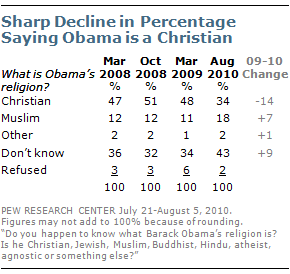Whos cave am I in anyway?
It is in my opinion that Plato would have been a great movie director or script writer and God knows with the ideas he had, he probably almost went insane just like all the director we have now days. The allegory of the cave as Plato may have seen it, could have looked something like the movie Inception.
(The Allegory of the cave states that everything is always viewed dimly and that there is always a greater truth meaning that you are in a cave that is inside of another cave that is also inside another cave and so on for eternity.)See last paragraph. Like i said Plato was probably insane at some point in his life. Every person it seems is doomed to be stuck in an endless cycle of not knowing very much like being in a world we don’t know whether is real or not. So we turn to Socrates who offered up the only solution for the problem. “The greatest knowledge you could have is that you don’t know.” It makes you wonder though how a man who believes that there is always a greater truth and we will never really know, could spend his whole life searching for answers or at least asking questions. Even at the time that Plato wrote this theory he could have been second guessing his ideas about it, knowing that there was a greater truth than it. Truly, “the most resilient parasite is an idea!”
On another note about the allagory of the cave the priciple is based solely on falsification as it is so vague that it can not be disproven. The theory stands on a leg that has but to say that the one who questions the theory has not yet come to the greater truth and the principle is restored. I guess its like most theology, maddening.
After reading other peoples comments I realize i specifically said something that is not in the theory of the Allegory of the Cave. The idea i was explaining was more my own on how i view Plato and how he could have view his own theory if he believed everything he stood for. Ill explain, Plato believed that there is always a greater truth and we never really have full knowledge, he also has his theory of the Allegory of the Cave which states that you leave the Cave and see more clear and have gained knowledge and enlightenment, but if there is always a greater truth then you would find yourself right back in another cave on the dim side of knowledge. I hope that clears things up, thanks everyone for the Comments!


